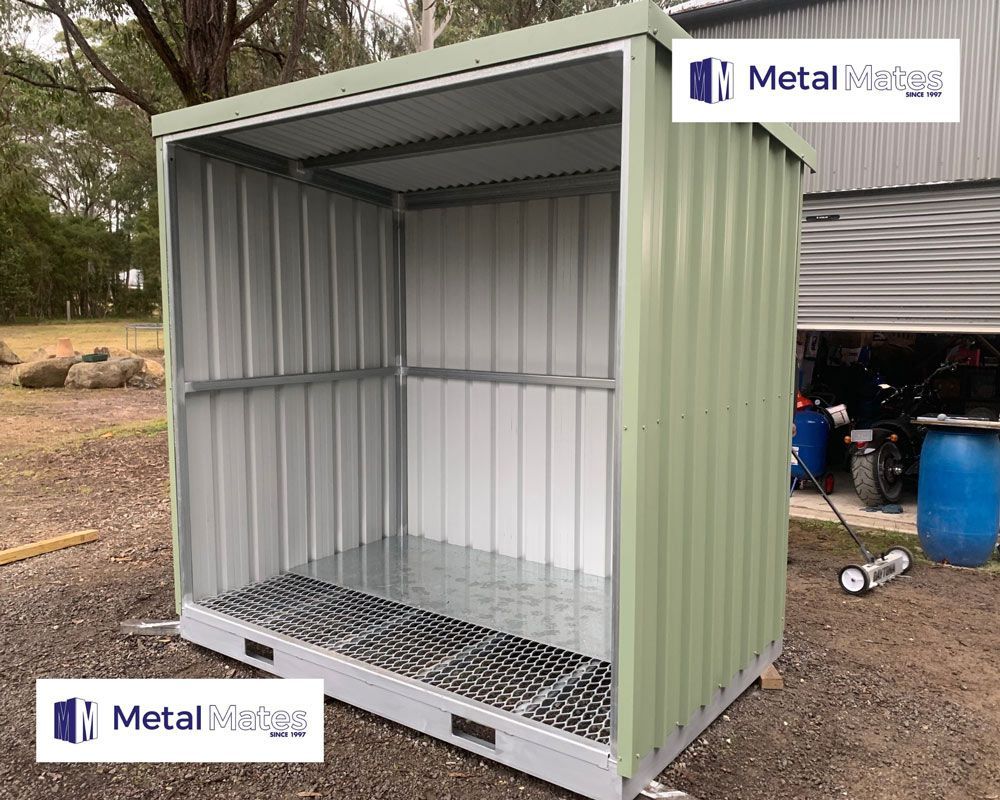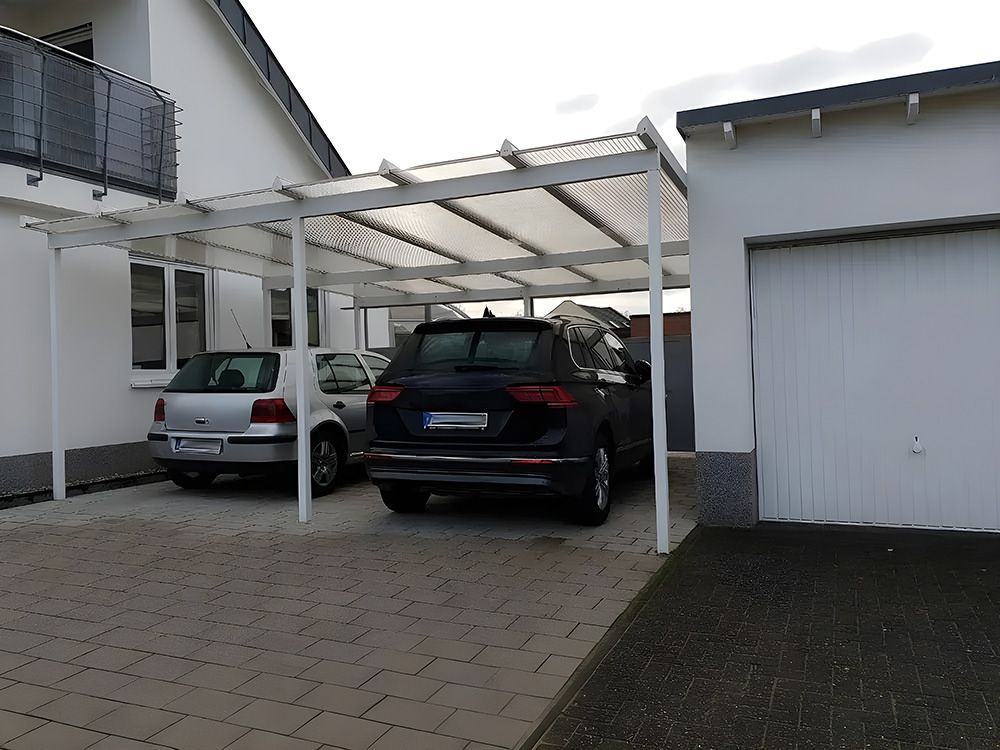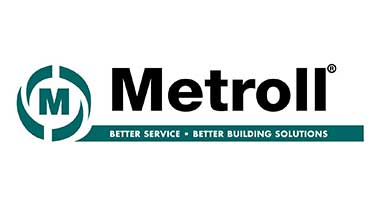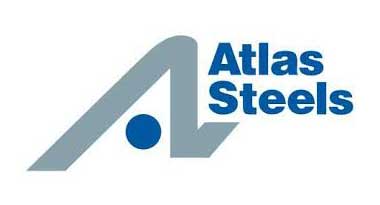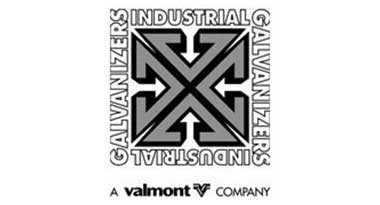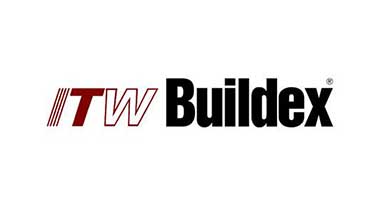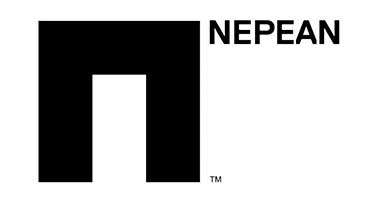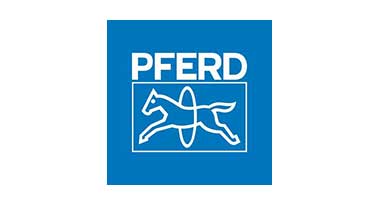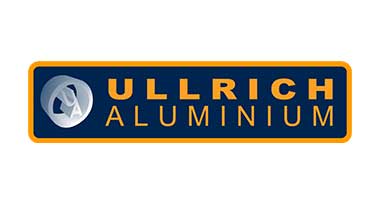The Role of Quality Steel in Ensuring Structural Integrity
A building's safety and durability depend on its structural core. Whether it’s a towering office block, a highway bridge, or an industrial shed, the integrity of these structures starts with the materials chosen to hold everything together. Thanks to its strength, versatility, and longevity, steel remains one of the most critical materials. However, the difference between a lasting structure and one riddled with issues often comes down to the quality of the steel used.
Understanding the consequences of using poor-grade steel and recognising the value of sourcing from trusted steel suppliers is essential. In this blog post, we explore why high-quality steel matters, how it contributes to structural safety, and what to consider when choosing steel in Newcastle and beyond.
1. Why Structural Integrity Starts with High-Quality Steel
Every steel component within a building has a purpose, from reinforcing concrete slabs to forming the framework of the structure itself. The performance of these components hinges on their quality.
High-quality steel ensures:
- Superior tensile strength: Withstands stretching forces, making it ideal for load-bearing applications.
- Ductility: Flexes without breaking, helping structures absorb stress during extreme events like earthquakes.
- Consistency: Manufactured to precise specifications, ensuring predictable performance across all sections.
- Resistance to fatigue: Maintains strength under repeated stress, which is crucial in dynamic environments like transport infrastructure.
2. The Dangers of Substandard Steel in Construction Projects
The temptation to cut corners by opting for cheaper steel may seem appealing upfront, but often leads to greater problems over time. Using low-grade or uncertified steel introduces serious risks.
Common issues caused by substandard steel include:
- Structural failure: Inadequate strength can lead to warping, cracking or total collapse.
- Accelerated corrosion: Poor steel compositions often lack corrosion resistance, especially in humid or coastal environments.
- Inconsistent performance: Irregularities in chemical composition affect weldability, load distribution, and overall reliability.
- Compromised safety: Endangering workers during construction and occupants long after completion.
3. How Steel Suppliers in Newcastle Uphold Quality Standards
Not all steel suppliers are created equal. Those operating in Newcastle and surrounding areas who focus on quality follow strict processes to ensure product integrity from sourcing to delivery.
Here’s how trusted steel suppliers maintain high standards:
- Australian Standard compliance: Products are tested to meet AS/NZS requirements for mechanical and chemical properties.
- Certified sourcing: Steel is traced back to reputable mills, ensuring consistency and provenance.
- Rigorous testing: Tensile, impact, and corrosion tests are conducted to verify suitability for various structural applications.
- On-site inspections: Visual checks and ultrasonic testing help detect internal flaws before products leave the yard.
4. Choosing the Right Steel Grade for Structural Applications
Selecting the right steel grade is essential for ensuring that every structural component performs as intended. Each application places different demands on the steel, from bearing heavy loads to resisting environmental stress. The correct grade can enhance strength, improve fabrication efficiency, and extend the overall lifespan of the structure.
Steel is available in a range of grades that vary in composition and mechanical properties. These grades are designed to meet specific performance criteria, such as:
- High-strength steel: Ideal for heavy-duty structures requiring strong load-bearing capacity.
- Weathering steel: Engineered to resist corrosion, particularly useful in outdoor or exposed environments.
- Alloy steel: Contains elements like chromium, nickel, or molybdenum to improve hardness, toughness and heat resistance.
When choosing a steel grade, consider the following:
- Load-bearing requirements: Structures subjected to heavy loads need steel with high tensile and yield strength.
- Environmental exposure: Projects located in coastal, humid or industrial areas require steel with greater corrosion resistance.
- Ease of fabrication: Depending on the construction method, you may need steel that can be easily cut, welded, or bent.
5. The Lifecycle Benefits of Using High-Quality Steel
While high-quality steel may come with a slightly higher upfront cost, its long-term benefits often make it a more economical choice.
These benefits include:
- Durability: It stands up to weather, wear, and load stress for decades.
- Lower maintenance: Withstands rust and fatigue, reducing the need for repairs and replacements.
- Recyclability: Can be reused at end-of-life with minimal processing, contributing to sustainable building practices.
- Improved asset value: Structures built with superior materials retain their integrity and appeal longer.
6. Why Sourcing Locally from Steel Suppliers in Newcastle Matters
Choosing a local supplier does more than just simplify logistics—it can significantly impact your project’s success.
Advantages of buying from local steel suppliers include:
- Faster turnaround: Immediate access to products avoids shipping delays.
- Responsive support: Local teams offer personalised service and site visits if required.
- Reduced transport costs: Less freight means lower overheads and environmental impact.
- Greater accountability: Proximity builds trust and ongoing relationships.
7. How High-Quality Steel Enhances Safety in Harsh Environments
Australian environments can be tough, especially in coastal or industrial areas where salt, humidity and chemical exposure threaten material integrity.
High-quality steel mitigates these challenges by:
- Resisting corrosion: Alloying elements like chromium and molybdenum form protective layers.
- Retaining strength at high temperatures: Ideal for manufacturing plants and transport infrastructure.
- Withstanding impact: Absorbs shocks in mines, warehouses and engineering yards.
8. Partnering with a Reliable Steel Supplier: What to Look For
When choosing your steel supplier, there are several key traits to evaluate before making a commitment.
Checklist for finding the right supplier:
- Certification & traceability: Can they provide test certificates and material origin reports?
- Broad inventory: Do they stock a range of steel types and sizes suitable for your project?
- Technical support: Can they answer technical queries or offer product advice?
- Timely delivery: Can they meet your project deadlines without compromise?
- Reputation & reviews: What do past clients say about working with them?
Get Expert Guidance on Your Structural Steel Needs
At Metal Mates, we’re proud to supply high-quality steel in Newcastle that meets stringent performance standards and contributes to lasting structural integrity. Whether you're sourcing structural beams, hollow sections or plates, we offer reliable products and expert guidance to help you get the job done right.
Ready to talk about your next project? Call us or get in touch with our team via our contact page—we’re here to help.


